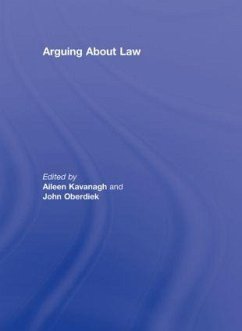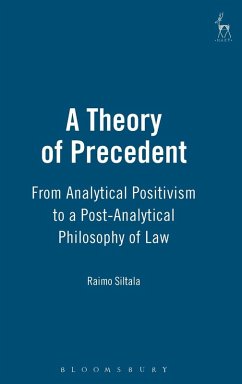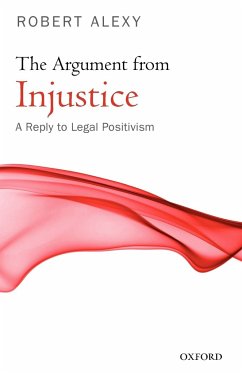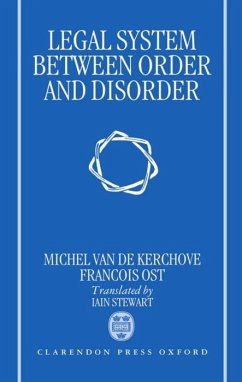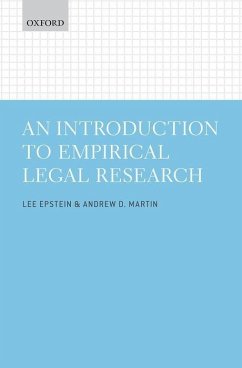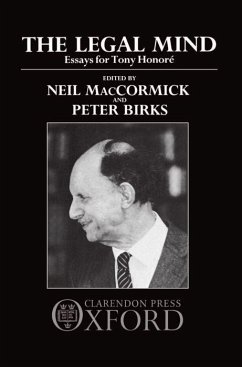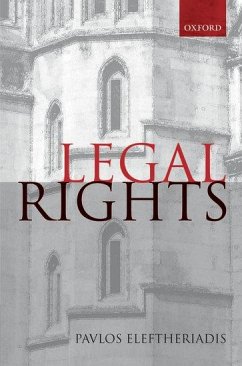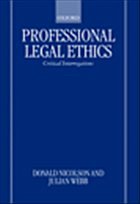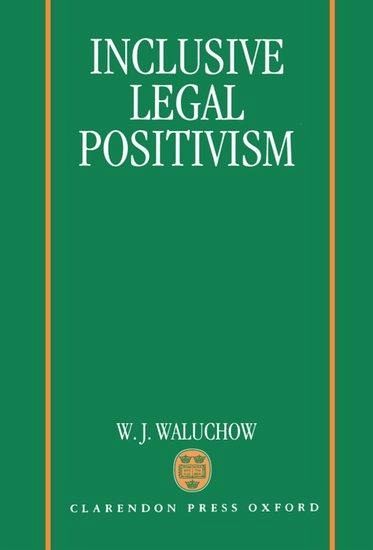
Inclusive Legal Positivism
Versandkostenfrei!
Versandfertig in 1-2 Wochen
217,99 €
inkl. MwSt.

PAYBACK Punkte
109 °P sammeln!
This book develops a general theory of law DS inclusive legal positivism DS which seeks to remain within the tradition represented by authors such as Austin, Hart, MacCormick, and Raz, while sharing some of the virtues of both classical and modern theories of natural law, as represented by authors such as Aquinas, Fuller, Finnis, and Dworkin. W. J. Walchow articulates and defends his own version of legal positivism, which is a refinement and development of the views of H. L. A. Hart. The author shows how inclusive legal positivism demonstrates that the existence or content of positive law does depend on moral considerations; and that this is consistent with legal positivism. In addition, Waluchow helps to remove the confusion which has marred current jurisprudential debates about the nature of law. He argues that these debates are often clouded by failures to appreciate that different theorists are offering different kinds of theories and attempting to answer different questions. He also accuses theorists, principally Ronald Dworkin, of failing to characterize opposing theories correctly.
This book develops a general theory of law, inclusive legal positivism, which seeks to remain within the tradition represented by authors such as Austin, Hart, MacCormick, and Raz, while sharing some of the virtues of both classical and modern theories of natural law, as represented by authors such as Aquinas, Fuller, Finnis, and Dworkin. Its central theoretical questions are: Does the existence or content of positive law ever depend on moral considerations? If so, is this fact consistent with legal positivism? The author shows how inclusive positivism allows one to answer yes to both of these questions. In addition to articulating and defending his own version of legal positivism, which is a refinement and development of the views of H.L.A. Hart as expressed in his classic book The Concept of Law, the author clarifies the terms of current jurisprudential debates about the nature of law. These debates are often clouded by failures to appreciate that different theorists are offering differing kinds of theories and attempting to answer different questions. There is also a failure, principally on the part of Ronald Dworkin, to characterize opposing theories correctly. The clarity of Waluchow's work will help to remove the confusion which has hitherto marred some jurisprudential debate, particularly about Dworkin's work.





